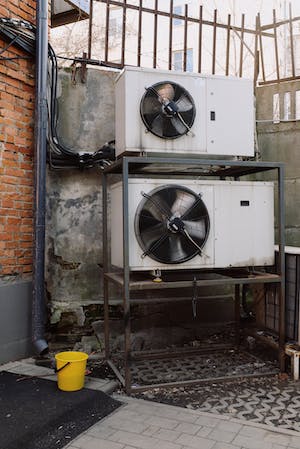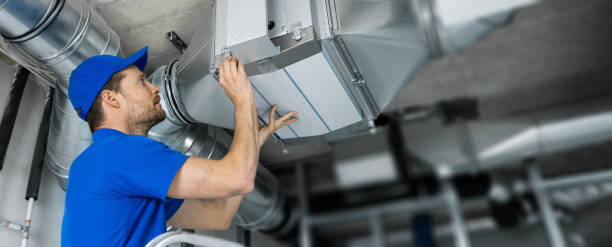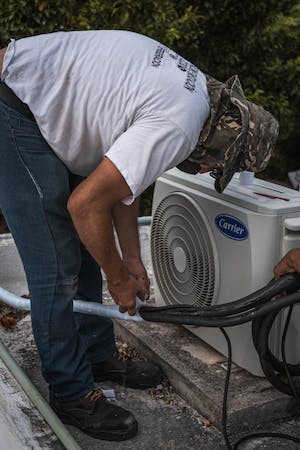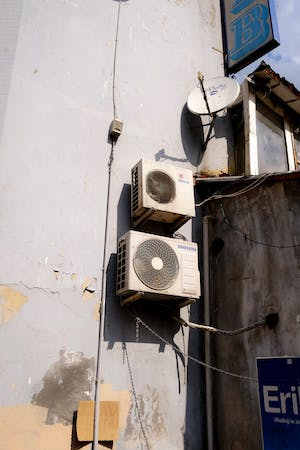Month: July 2023
HVAC (Heating and Ventilation)
by siteadmin
HVAC stands for Heating and Ventilation, Air Conditioning. More commonly, it is known as HVAC with refrigeration as an extra letter. HVAC systems are vital in offices, homes and buildings. They help to filter pollutants and heat and cool the indoor air. Heating Heating and cooling are just one part of the overall system that…
Read MoreHVAC (Heating, Ventilation and AC) Systems
by siteadmin
HVAC (heating ventilating and air conditioning) systems are used in many buildings, including schools, hospitals, and data centres. A HVAC system is made up of six major components. Students can learn from an HVAC program in a trade school how the components fit together, how they work, and how to diagnose and troubleshoot them. Air…
Read MoreHow Does Air Conditioning Work?
by siteadmin
Air conditioning is a key component of central heating and cooling systems that ensure your home or business remains more comfortable, so understanding its operation is crucial to selecting an effective system that fits your individual needs. Air conditioners use phase conversion processes to convert liquid refrigerant to gas and back again for cooling purposes,…
Read MoreWhat Is HVAC
by siteadmin
HVAC systems provide heating and cooling to residential and commercial spaces alike, while also serving as an essential element in managing indoor air quality. Ductwork is an integral component of HVAC systems. Rigid sheet metal ducts are often the go-to choice in homes; these durable yet easy-to-clean options offer less chance for mold growth. Heating…
Read MoreHow Air Conditioning Works
by siteadmin
Air conditioning systems make it more comfortable to live in your home by removing heat and reducing the risk for heat stroke, dehydration or other health conditions. An air conditioner uses phase conversion to change the refrigerant from a liquid to a gas. It then pumps this heat-absorbing, refrigerant outside using an evaporator coil. Compressor…
Read MoreHow Air Conditioning Works
by siteadmin
Air conditioning systems remove heat from indoor air and make living more comfortable in your home, as well as decreasing risk of dehydration that can lead to heat stroke or other health problems. An air conditioner works by employing phase conversion principles to change a refrigerant from liquid to gas form, then pumping this heat-absorbing…
Read MoreHow Does Air conditioning Work?
by siteadmin
Understanding the operation of your air conditioning system is important for selecting an efficient system that meets your individual requirements. Air conditioners use phase-conversion processes to convert liquids refrigerants to gases and back for cooling purposes. This provides three times the amount of energy as a compressor is able to move. Refrigerant Refrigerator liquid is…
Read MoreRecent Posts
- Condon Total Comfort, Inc. Offers Top-notch HVAC Services
- Clearing the Air: Duct Cleaning Alexandria Debunks Common Myths Surrounding Air Duct Cleaning
- Clearing the Dust: Duct Cleaning Louisville KY Shares Tips to Make Your Home Less Dusty
- Exploring the Drawbacks of Duct Cleaning: Insights from Air Vent Cleaning Charlotte
- Grand Prairie HVAC Service: Your Trusted HVAC Company in Texas







